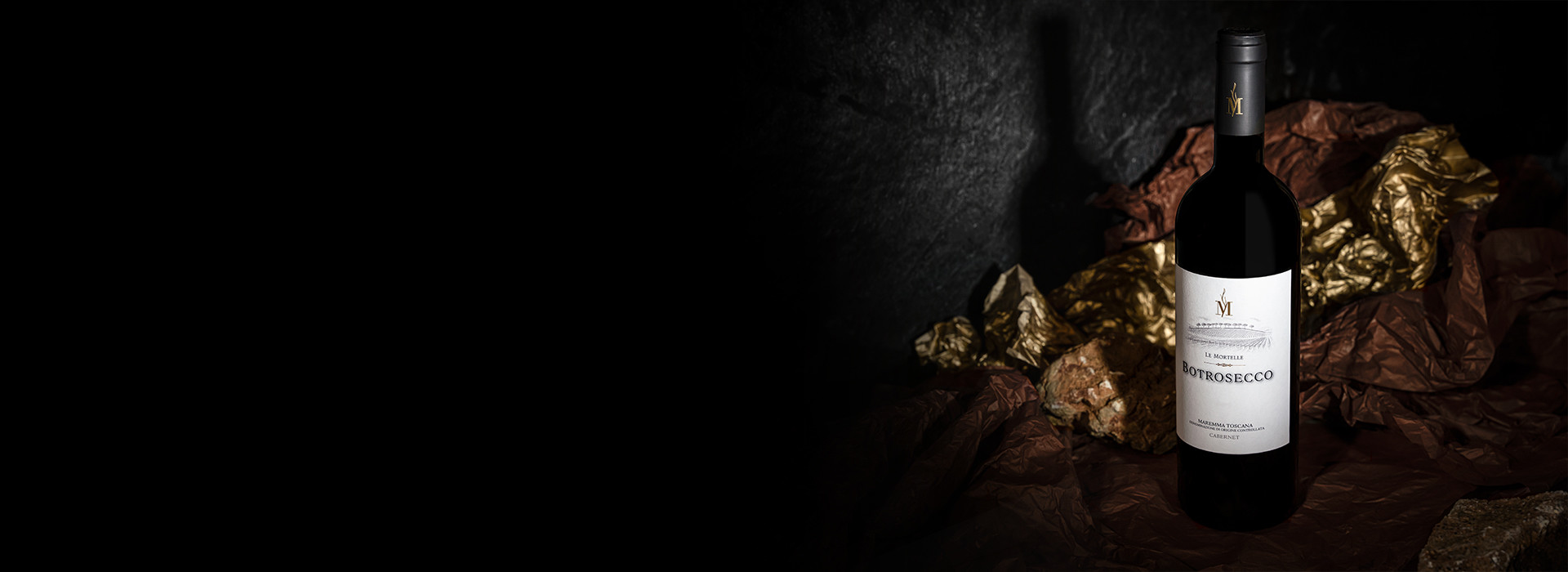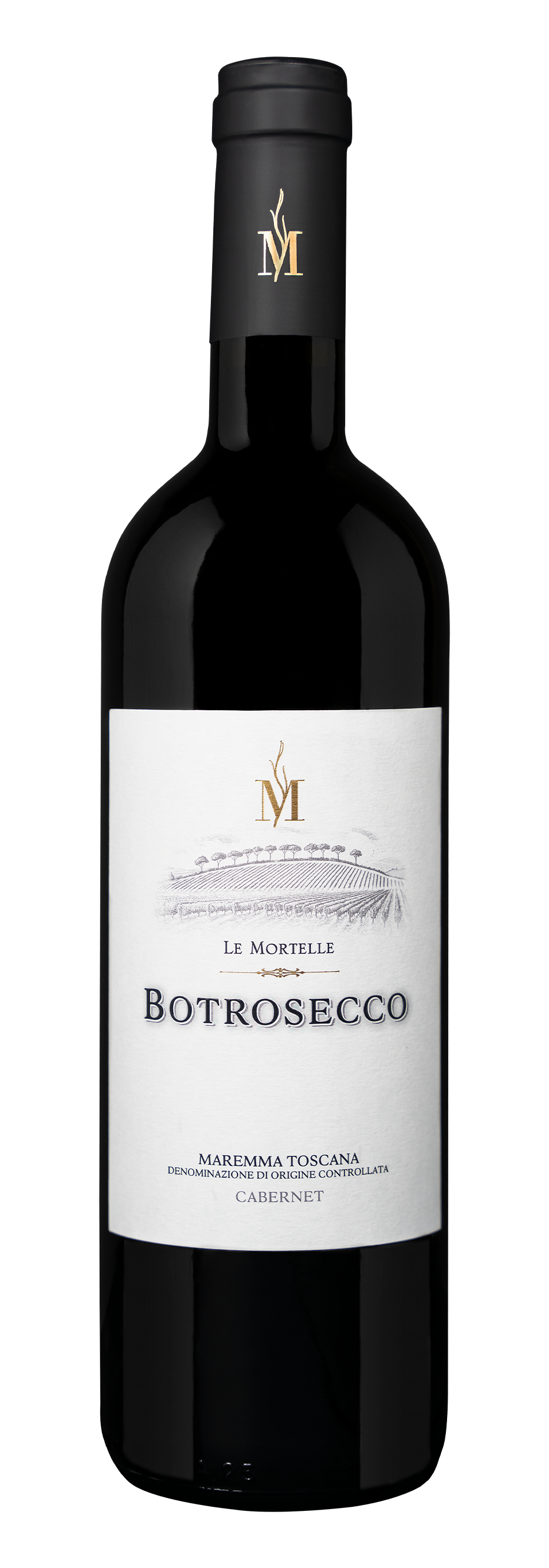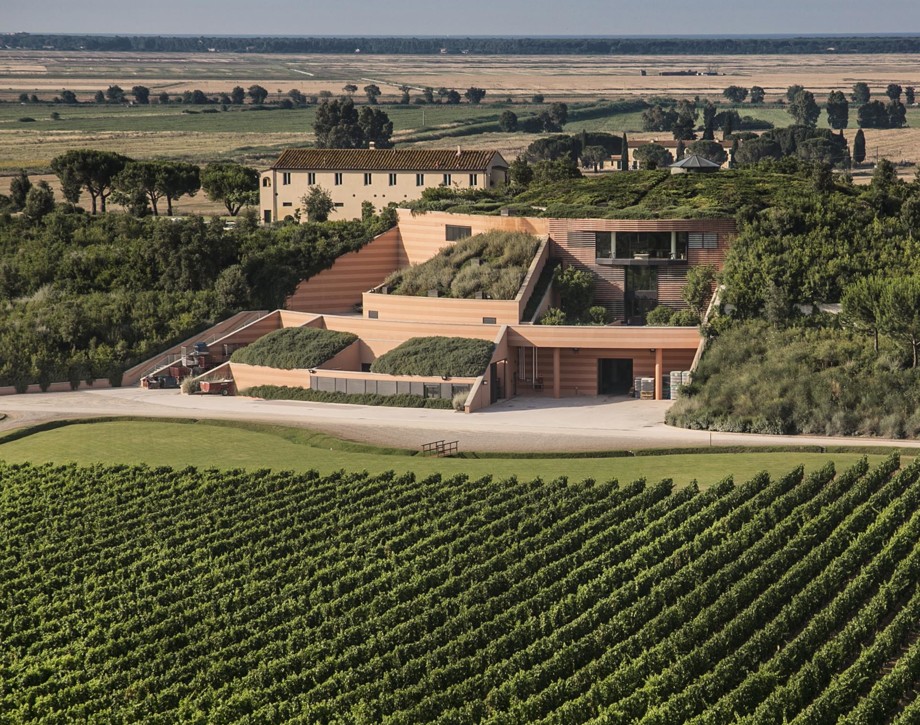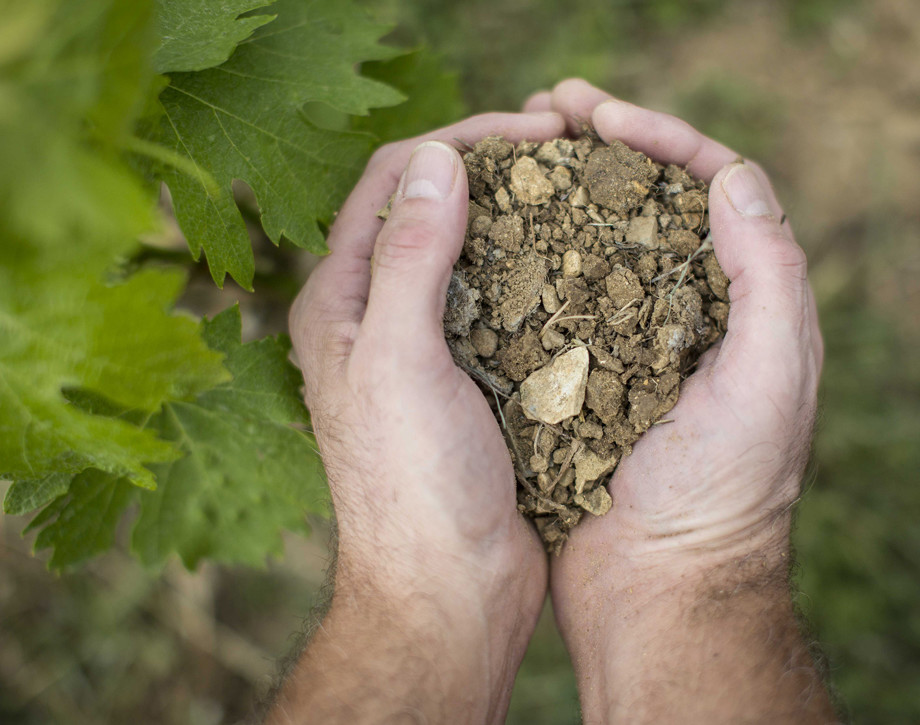Botrosecco

Climate
The 2015 was characterized by a rainy winter, which assisted in the accumulation of useful reserves of ground water in the soil. A mild spring was followed by a hot and dry summer with temperatures above seasonal averages. New rainfall and a lowering of temperatures during the second half of the month of August re-established highly positive conditions for the vines which, in an excellent state of health, were able to continue ripening the crop, accumulating the typical aromatic substances of the grape varieties.
Vinification
The grapes, carefully selected during the picking, went, after destemming and a soft pressing, into stainless steel fermenting tanks. The fermentation took place at a temperature of approximately 77° Fahrenheit (25° centigrade) in order both to fully bring out the varietal aromas and completely conserve the integrity of the fruit. During the maceration, which lasted some fifteen days, the cap of skins in the tanks was bathed and kept moist at properly timed intervals in order to extract only the most elegant tannins. After being run off its skins, the wine went back into stainless steel tanks where it was put through a complete malolactic fermentation by the end of the year. It was then aged for a further twelve months after which it was bottled.
Historical Data
The Fattoria Le Mortelle estate is located in the heart of the Tuscan Maremma just a few kilometers away from the town of Castiglione Pescaia in an extraordinary and fascinating position both in terms of its natural setting and the history of the area which surrounds it. The Antinori family has always been present in the zone. A property act of 1863 mentions, among other possessions, Poggio Franco, one of the highest quality vineyard plots of the estate, along with other landed parcels. Since 1999, the family has worked both on the vineyards and on new cellars, convinced that this part of Tuscany, already gaining much visibility in the overall Italian viticultural picture, had a very important potential for quality wine. And that here it was possible to express, at a high level, both the characteristics of the terroir and the grape varieties to be cultivated. The estate extends over some 675 acres (270 hectares), 432 of which (175 hectares) are planted to vines Cabernet Sauvignon and Cabernet Franc, along with the more recently planted white varieties (Vermentino, Ansonica, and Viognier) and a small percentage of Carménère. The soil, of medium consistence, sandy and loamy, has a composition principally of clay and silica and, in certain zones, is rather stony as well.
Tasting Notes
The rich aromas are dominated by notes of such berry fruit as raspberries and strawberries along with spicy hints of oak and white pepper. On the palate, the wine is long and persistent with a pleasurable aftertaste of fresh fruit and chocolate.
Awards
James Suckling 90/100 USA

The Wine
Botrosecco is made from a blend of Cabernet Sauvignon and Cabernet Franc, an intriguing, decisive wine with great balance expressing the unique characteristics of the Maremma territory.

Climate
The 2015 was characterized by a rainy winter, which assisted in the accumulation of useful reserves of ground water in the soil. A mild spring was followed by a hot and dry summer with temperatures above seasonal averages. New rainfall and a lowering of temperatures during the second half of the month of August re-established highly positive conditions for the vines which, in an excellent state of health, were able to continue ripening the crop, accumulating the typical aromatic substances of the grape varieties.
Vinification
The grapes, carefully selected during the picking, went, after destemming and a soft pressing, into stainless steel fermenting tanks. The fermentation took place at a temperature of approximately 77° Fahrenheit (25° centigrade) in order both to fully bring out the varietal aromas and completely conserve the integrity of the fruit. During the maceration, which lasted some fifteen days, the cap of skins in the tanks was bathed and kept moist at properly timed intervals in order to extract only the most elegant tannins. After being run off its skins, the wine went back into stainless steel tanks where it was put through a complete malolactic fermentation by the end of the year. It was then aged for a further twelve months after which it was bottled.
Historical Data
The Fattoria Le Mortelle estate is located in the heart of the Tuscan Maremma just a few kilometers away from the town of Castiglione Pescaia in an extraordinary and fascinating position both in terms of its natural setting and the history of the area which surrounds it. The Antinori family has always been present in the zone. A property act of 1863 mentions, among other possessions, Poggio Franco, one of the highest quality vineyard plots of the estate, along with other landed parcels. Since 1999, the family has worked both on the vineyards and on new cellars, convinced that this part of Tuscany, already gaining much visibility in the overall Italian viticultural picture, had a very important potential for quality wine. And that here it was possible to express, at a high level, both the characteristics of the terroir and the grape varieties to be cultivated. The estate extends over some 675 acres (270 hectares), 432 of which (175 hectares) are planted to vines Cabernet Sauvignon and Cabernet Franc, along with the more recently planted white varieties (Vermentino, Ansonica, and Viognier) and a small percentage of Carménère. The soil, of medium consistence, sandy and loamy, has a composition principally of clay and silica and, in certain zones, is rather stony as well.
Tasting Notes
The rich aromas are dominated by notes of such berry fruit as raspberries and strawberries along with spicy hints of oak and white pepper. On the palate, the wine is long and persistent with a pleasurable aftertaste of fresh fruit and chocolate.
Awards
James Suckling 90/100 USA

Fattoria Le Mortelle
The Mortelle estate is in the heart of Maremma in Tuscany, near the town of Castiglione della Pescaia set in an extraordinary and fascinating position both for the territory’s unparalleled natural beauty and its historical heritage and culture. The Antinori family has been part of this territory for generations. Evidence of ownership of land in this area is recorded on a property deed dated 1863. It states their ownership of Poggio Franco, one of the best vineyards on the estate, together with other parcels of land. Since 1999, when the property was acquired, the family has dedicated their efforts to improving the vineyards and building the new winery with the firm belief that this area, slowly emerging on the Italian viticultural horizon, has great potential for the production of high quality wines. Varieties grown in this area can fully express their own characteristics as well as the exceptional qualities of the terroir. The property extends over an area of 270 hectares (667 acres) 175 of which (432 acres) are planted with vineyards of Cabernet Sauvignon, Cabernet Franc and other more recently planted vineyards with white grape varieties such as Vermentino, Ansonica, Viognier and a small parcel of Carménère. The soil is of medium consistency, sandy and loamy composed of clay and silica and in some parts of the estate is rich in rocky deposits.

Soil
Calcareous clay soil with abundant very fine gravel.


















